Goddard College
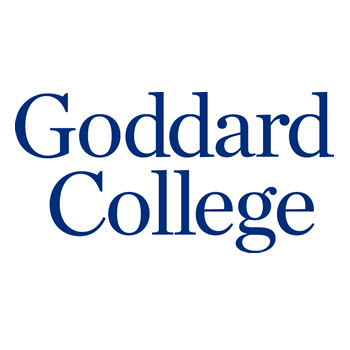
Founded: 1863
Address: 123 Pitkin Rd, Plainfield, VT - Vermont, United States
Phone: +1 802 4548311
Address: 123 Pitkin Rd, Plainfield, VT - Vermont, United States
Phone: +1 802 4548311
Here you find out Goddard College complete information about fees, location, degree Goddard College offers, number, website, and much more. Goddard College is a leading university in Vermont - United States.
You can also find out jobs at Goddard College for students, teachers, and professors. We also update the database for an internship at Goddard College for students.
The Goddard of today took shape in earnest in 1938, when a group of educators led by Royce “Tim” Pitkin proposed a Vermont “College for Living” to be located on a Plainfield sheep farm purchased from the Martin family. This new college would provide the environment for students and faculty together to build a democratic community featuring plenty of the “plain living and hard thinking...” espoused in Goddard’s early mission. The aims were far-reaching, radical. These aims still influence and, with some change in nomenclature and practice, aptly describe Goddard to this day.
The new college, while small in scale (starting with 50 students and a truckload of old furniture and books moved to the Martin family’s farm), was rich in inspiration, drawing on the experiences of Bennington, Sarah Lawrence, Reed, the new Antioch, Black Mountain, St. John’s, and the educational innovations of the University of Chicago. Most people in the Goddard community now associate “Kilpatrick” with the main dormitory on the Greatwood Campus in Plainfield. However, it was Dr. William Kilpatrick, an influence on founding president Tim Pitkin and in whose honor the building is named, who stated three principles key to the Goddard practice.
The Goddard practice continues to view learning as a function of the whole person and the intellect, in the context of awareness of a responsibility to the personal and social consequences of behavior. Over the past 70-plus years in Plainfield, Goddard College’s program evolved and flourished, and experiments were undertaken, expanded, and then abandoned or segued into new experiments. Students studied for a year in countries around the world, in Africa, Europe, India, the Middle East, and Asia. Interdisciplinary and trans-disciplinary studies that supported students’ individual interests and passions made for a dynamic campus life. Through the 1960s, enrollment swelled to over 1,500 as the American counterculture, back-to-the-land movements made Goddard’s educational philosophy and location attractive to a new generation disillusioned with traditional structures and lifestyles. This influx of faculty members and students and its consequent burst of creativity not only changed Goddard forever, it continues to affect Vermont and far beyond as Goddard graduates bring their energetic questioning and status-quo–changing philosophies and skills to social, political, environmental, entrepreneurial, and artistic endeavors.
In 1963, the Goddard Adult Degree Program was inaugurated with two-week seminars that allowed adults returning to school to earn bachelor’s degrees through independent study with faculty advisors. This truly new concept tailored college to busy working adults with families. Featuring a low-residency experience with independent learning, this innovative, fledgling experiment 46 years ago is now at the core of Goddard’s offerings. The original Adult Degree Program was the groundbreaking experiment that has influenced countless educational institutions in the decades that followed.That experiment continues. Currently,Goddard offers undergraduate and graduate programs with faculty members and students from across the United States and around the globe who come to our Plainfield, VT campus or our sites in Port Townsend, WA and Seattle, WA for eight-day residencies. Goddard recently commemorated its 150th birthday, which neatly aligns with the 75th anniversary of the school’s move to Plainfield and the establishment of Goddard College, and the 50th anniversary of the Adult Degree Program. It is a potent time to reflect on the mission and purpose of the College, to gain a deeper understanding of and appreciation for the College’s origins and history, to assess the present, and to look to the future with added clarity and renewed vision.
We understand the sacrifices families make to fund graduate and undergraduate education. While our admissions process is need-blind (which means your income has no bearing on whether or not you are admitted to the college), we commit to offer all the aid we can to every eligible admitted student. Approximately 90 percent of students who apply to Goddard’s graduate and undergraduate programs are independent, working adults. More than one-third of all undergraduate students receive need-based financial assistance in the form of the Federal Pell and the Student Educational Opportunity grants.
Students also receive aid in the form of subsidized and un-subsidized federal loans, and the college awarded more than $450,000 in institutional scholarships and grants in the last academic year. We encourage you to complete the Free Application for Federal Student Aid as soon as you start your application.
To advance cultures of rigorous inquiry, collaboration, and lifelong learning, where individuals take imaginative and responsible action in the world.
Students at Goddard work with faculty to direct their studies according to their personal and professional interests, goals, gifts, and desires. Students develop the capacity to understand their lives in an ever-changing social context, and thereby to take meaningful action in the world. They are encouraged to question received knowledge and the status quo and to create new understandings of the world and of human experience. As a collaborative interdependent learning community, we respect, include and appreciate differing perspectives. We challenge ourselves and each other to embrace uncertainty, experiment, and imagine unexpected outcomes. Recognizing our interconnectedness with others and with the earth, we hold our scholarship and our actions to the highest standards of integrity, authenticity, and compassion.
When evaluating applications for admission, we assess applicant interest in attending the College, readiness to do so, and willingness to embrace fully the evolving educational model.
These are not casual criteria. Students who choose to attend Goddard must do so with an understanding of what Goddard is and is not, what the curriculum and programs can and cannot offer. This website and the student handbook describes what is a starting point for that understanding. The admissions process continues the dialogue.
The Application for Admission is designed to help the faculty and administrators at Goddard learn about a prospective student’s interest, readiness, and willingness. As part of the dialogue, the questions in the application also suggest some characteristics of the students Goddard hopes to enroll.
You can also find out jobs at Goddard College for students, teachers, and professors. We also update the database for an internship at Goddard College for students.
The Goddard of today took shape in earnest in 1938, when a group of educators led by Royce “Tim” Pitkin proposed a Vermont “College for Living” to be located on a Plainfield sheep farm purchased from the Martin family. This new college would provide the environment for students and faculty together to build a democratic community featuring plenty of the “plain living and hard thinking...” espoused in Goddard’s early mission. The aims were far-reaching, radical. These aims still influence and, with some change in nomenclature and practice, aptly describe Goddard to this day.
The new college, while small in scale (starting with 50 students and a truckload of old furniture and books moved to the Martin family’s farm), was rich in inspiration, drawing on the experiences of Bennington, Sarah Lawrence, Reed, the new Antioch, Black Mountain, St. John’s, and the educational innovations of the University of Chicago. Most people in the Goddard community now associate “Kilpatrick” with the main dormitory on the Greatwood Campus in Plainfield. However, it was Dr. William Kilpatrick, an influence on founding president Tim Pitkin and in whose honor the building is named, who stated three principles key to the Goddard practice.
The Goddard practice continues to view learning as a function of the whole person and the intellect, in the context of awareness of a responsibility to the personal and social consequences of behavior. Over the past 70-plus years in Plainfield, Goddard College’s program evolved and flourished, and experiments were undertaken, expanded, and then abandoned or segued into new experiments. Students studied for a year in countries around the world, in Africa, Europe, India, the Middle East, and Asia. Interdisciplinary and trans-disciplinary studies that supported students’ individual interests and passions made for a dynamic campus life. Through the 1960s, enrollment swelled to over 1,500 as the American counterculture, back-to-the-land movements made Goddard’s educational philosophy and location attractive to a new generation disillusioned with traditional structures and lifestyles. This influx of faculty members and students and its consequent burst of creativity not only changed Goddard forever, it continues to affect Vermont and far beyond as Goddard graduates bring their energetic questioning and status-quo–changing philosophies and skills to social, political, environmental, entrepreneurial, and artistic endeavors.
In 1963, the Goddard Adult Degree Program was inaugurated with two-week seminars that allowed adults returning to school to earn bachelor’s degrees through independent study with faculty advisors. This truly new concept tailored college to busy working adults with families. Featuring a low-residency experience with independent learning, this innovative, fledgling experiment 46 years ago is now at the core of Goddard’s offerings. The original Adult Degree Program was the groundbreaking experiment that has influenced countless educational institutions in the decades that followed.That experiment continues. Currently,Goddard offers undergraduate and graduate programs with faculty members and students from across the United States and around the globe who come to our Plainfield, VT campus or our sites in Port Townsend, WA and Seattle, WA for eight-day residencies. Goddard recently commemorated its 150th birthday, which neatly aligns with the 75th anniversary of the school’s move to Plainfield and the establishment of Goddard College, and the 50th anniversary of the Adult Degree Program. It is a potent time to reflect on the mission and purpose of the College, to gain a deeper understanding of and appreciation for the College’s origins and history, to assess the present, and to look to the future with added clarity and renewed vision.
We understand the sacrifices families make to fund graduate and undergraduate education. While our admissions process is need-blind (which means your income has no bearing on whether or not you are admitted to the college), we commit to offer all the aid we can to every eligible admitted student. Approximately 90 percent of students who apply to Goddard’s graduate and undergraduate programs are independent, working adults. More than one-third of all undergraduate students receive need-based financial assistance in the form of the Federal Pell and the Student Educational Opportunity grants.
Students also receive aid in the form of subsidized and un-subsidized federal loans, and the college awarded more than $450,000 in institutional scholarships and grants in the last academic year. We encourage you to complete the Free Application for Federal Student Aid as soon as you start your application.
To advance cultures of rigorous inquiry, collaboration, and lifelong learning, where individuals take imaginative and responsible action in the world.
Students at Goddard work with faculty to direct their studies according to their personal and professional interests, goals, gifts, and desires. Students develop the capacity to understand their lives in an ever-changing social context, and thereby to take meaningful action in the world. They are encouraged to question received knowledge and the status quo and to create new understandings of the world and of human experience. As a collaborative interdependent learning community, we respect, include and appreciate differing perspectives. We challenge ourselves and each other to embrace uncertainty, experiment, and imagine unexpected outcomes. Recognizing our interconnectedness with others and with the earth, we hold our scholarship and our actions to the highest standards of integrity, authenticity, and compassion.
When evaluating applications for admission, we assess applicant interest in attending the College, readiness to do so, and willingness to embrace fully the evolving educational model.
These are not casual criteria. Students who choose to attend Goddard must do so with an understanding of what Goddard is and is not, what the curriculum and programs can and cannot offer. This website and the student handbook describes what is a starting point for that understanding. The admissions process continues the dialogue.
The Application for Admission is designed to help the faculty and administrators at Goddard learn about a prospective student’s interest, readiness, and willingness. As part of the dialogue, the questions in the application also suggest some characteristics of the students Goddard hopes to enroll.
Read More
Details:
LeaderShip: President: Dr. Steven James
Fees: USD 6,220 - 8,293
Time:
Phone Number: +1 802 4548311
City: Vermont
Fees: USD 6,220 - 8,293
Time:
Phone Number: +1 802 4548311
City: Vermont
Timing:
Country: United States
Staff:
Website: http://www.goddard.edu
Country: United States
Staff:
Website: http://www.goddard.edu
Subjects:
Video:
Jobs in Goddard College
Currently, there is no job opening in Goddard College as per our database.

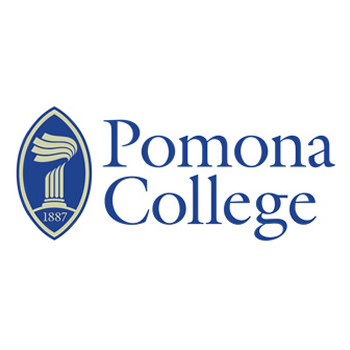
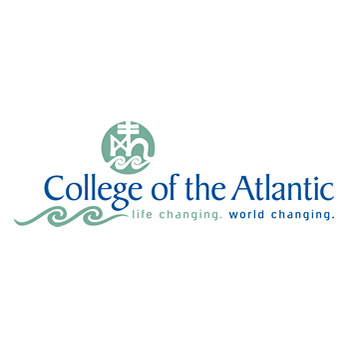
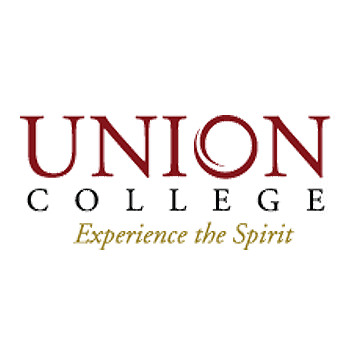
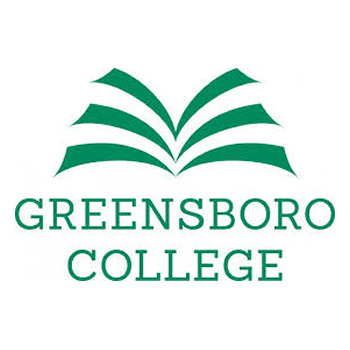
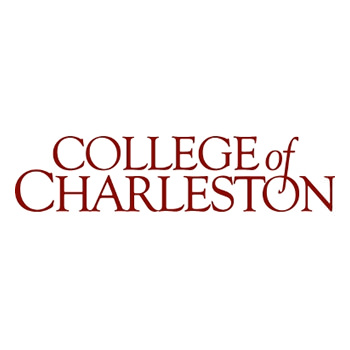
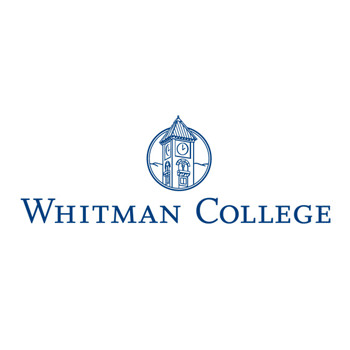
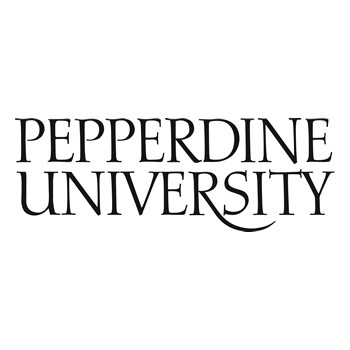
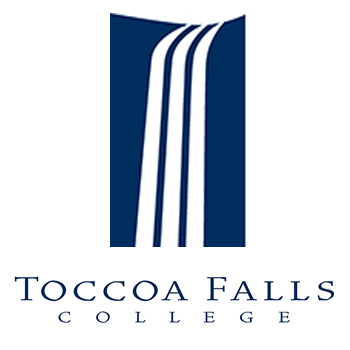




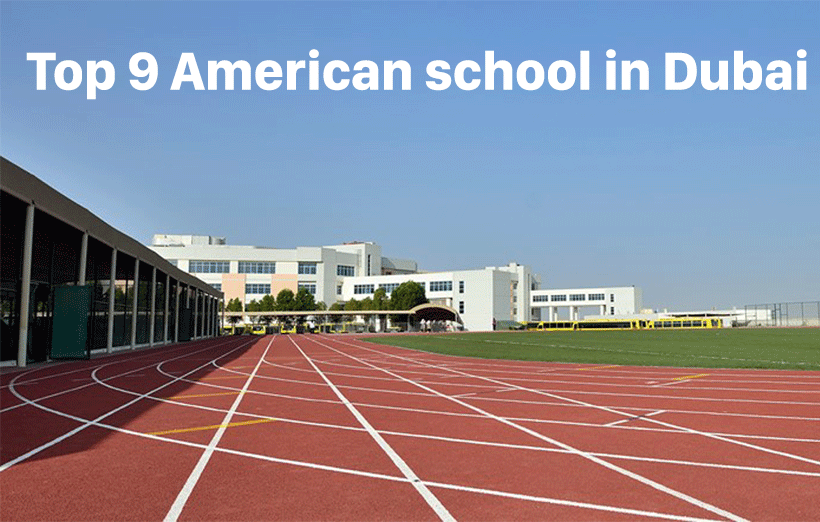




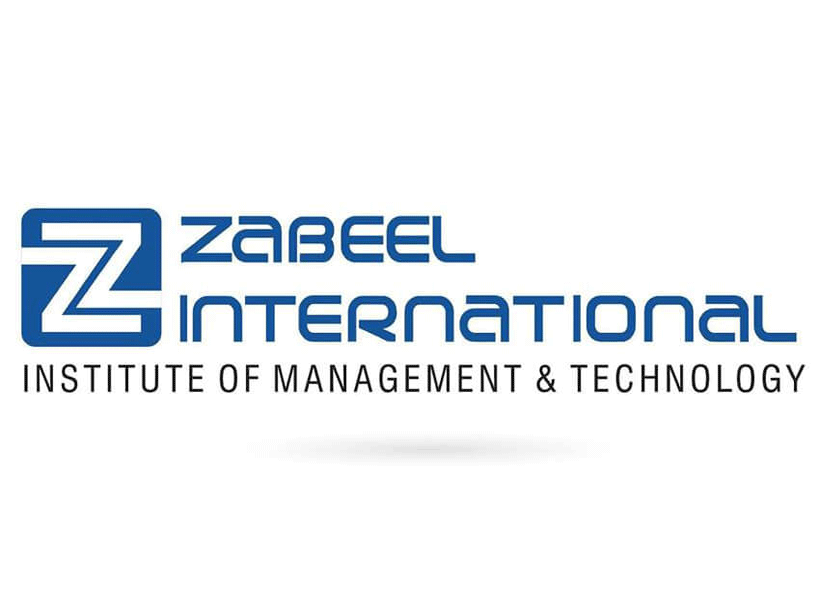
Leave a Reply